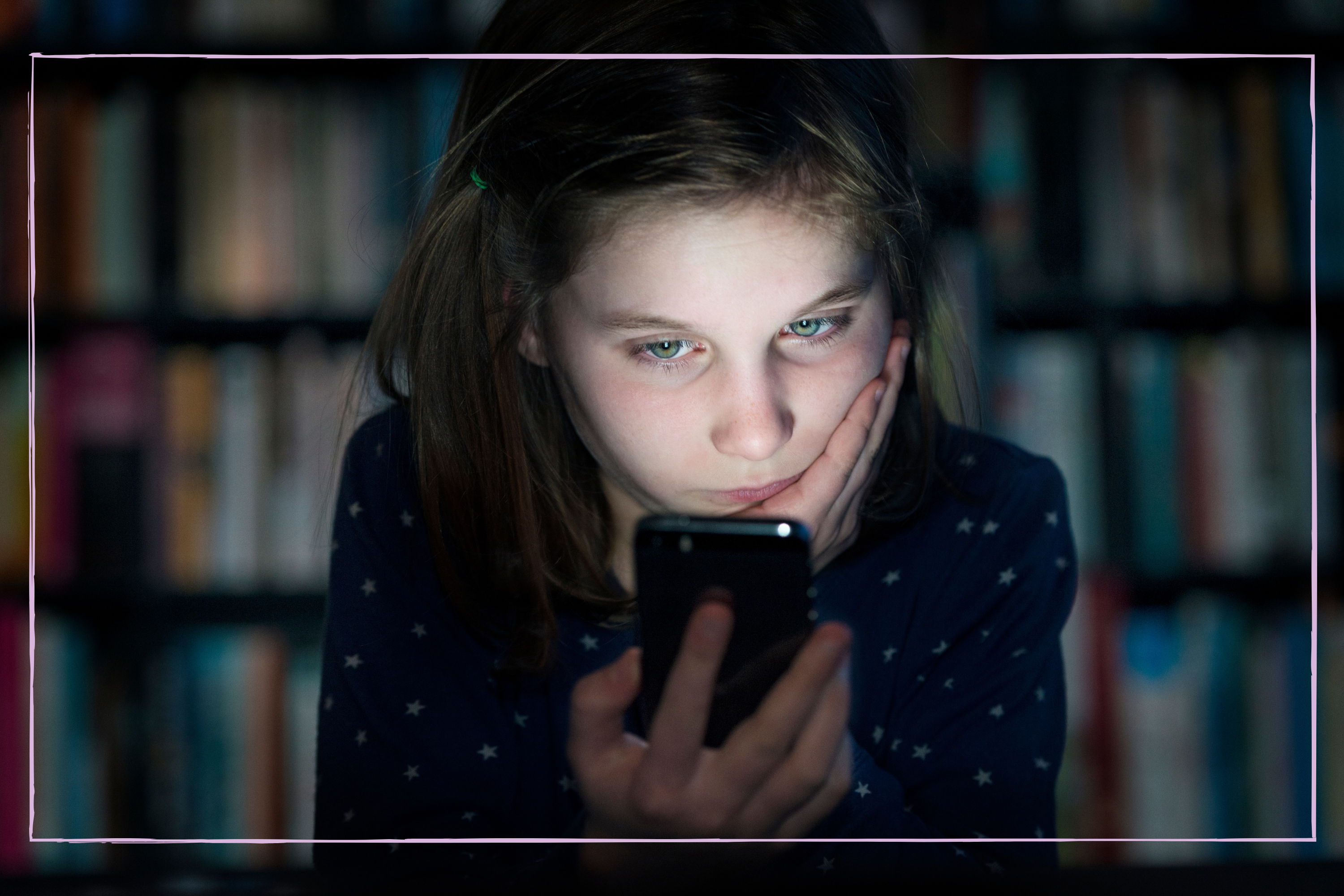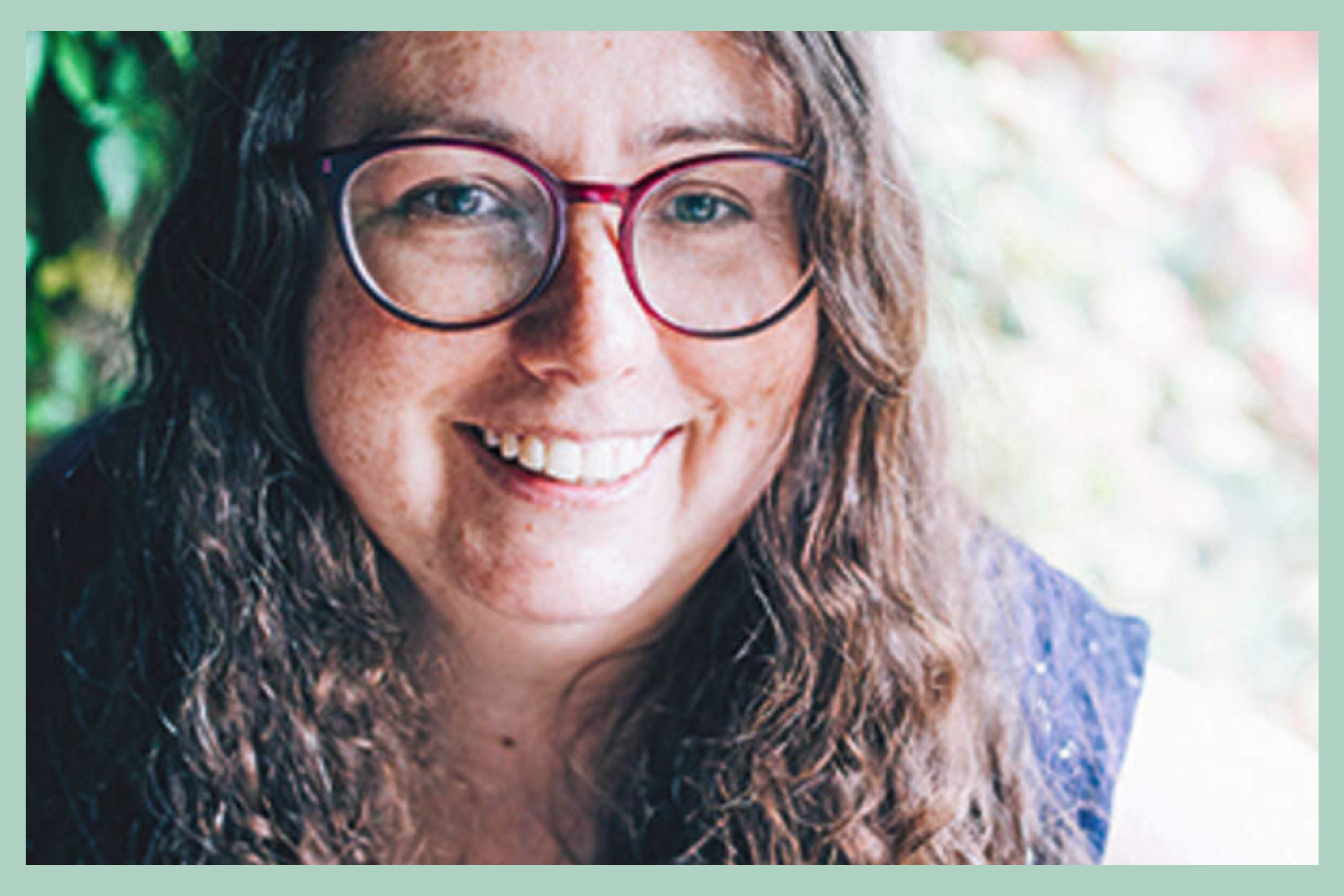Can we make the internet safe for kids? How one mum is trying to protect her children
A fifth of parents don’t monitor what their children do online, resulting in large numbers of them being exposed to harmful content and bullying

Parenting advice, hot topics, best buys and family finance tips delivered straight to your inbox.
You are now subscribed
Your newsletter sign-up was successful
We all want to keep our children safe, and that includes online. These days, kids as young as seven are using social media, but monitoring their activity and blocking access to certain sites and apps, only goes a small way in protecting them.
According to a study, 22% of children admit they’ve seen something online that they wouldn't want their parents to know about. And as well as inappropriate content, online bullying is rife. But reports show that 38% of parents are unaware of the risks of online bullying associated with social media sites and one in five parents don’t bother with parental controls.
Keeping up with the kids
Over half (52%) of UK parents believe that their child is more digitally literate than them, with 55% expressing concern at this. Research carried out by Avast, a global leader in digital security, also found that 46% of parents want more education and guidance from cyber security and online privacy providers, and 39% would like easier-to-use privacy products and apps.
Morganna McCabe Allan lives in Fife with her husband Duncan and their two children. She tells us how she's tried to protect her children online.
As parents, Duncan and I have always been vigilant about the way our children, Jamie, now 11, Robbie, nine and Meribelle, five, used the internet, wanting to make sure they all stayed safe online. Last Christmas, we agreed Jamie and Robbie were old enough to have a computer of their own, kept in the family room where we could keep an eye on them.
As I run an online business from home and Duncan is a stay-at-home dad, we were always around to monitor them when they were on the internet and insisted they didn’t add any friends to their games they didn’t know in real life. We put restrictions on certain apps and sites and controlled how long they spent online as well.

Since going online they’d changed - they’d suddenly started worrying about their looks and were arguing more
At first, everything went well and we constantly reviewed our safety measures, asking ourselves, ‘Are we doing enough?’ But then in the summer, we noticed a change in the children’s behaviour. The boys had become argumentative and kept falling out with each other. They were moody, disruptive and seemed unhappy. Then we noticed increased anxiety about their appearances.
We didn’t know what was wrong, but eventually discovered that one of Jamie’s friends was bullying him and Robbie online, saying awful things about the boys’ red hair and their allergies. The reason my boys were fighting everyday was because Robbie wanted to stand up to the bully, but Jamie was worried it would make things worse and would encourage others to bully them online too.
Parenting advice, hot topics, best buys and family finance tips delivered straight to your inbox.
Duncan and I were horrified. We sat down with the boys and explained that someone who bullies you online isn't really a friend and talked about other concerns, such as online influencers. We said we’d spotted that since they’d been going online they’d changed, how they’d suddenly started worrying about their looks and were arguing more with each other. Although a lot of that was down to the bullying, it was likely also due to the pressures from social media – promoting ‘perfect’ lives.
We all agreed together that taking their computers away from them for now was for the best and they were relieved to hand their safety back over to us. The moment we kept them offline we saw them slowly return to their old selves.
The moment we kept them offline we saw them slowly return to their old selves.
Duncan and I know that in the future they’ll need to get back online and we're happy to shield them, but we’re focusing on helping them develop their emotions, communication skills, as well as learn about safe people and behaviours.
We've worked hard to try and find the best parental controls but they aren’t enough. As parents, we have to teach our children how to look after themselves online but it's time for real change in internet regulation, it's the only way to keep our children safe.
Morgan McCabe Allan is a business mentor, find our more on her website.
Expert advice

Anne Cutler is a cybersecurity evangelist at Keeper Security and a global communications leader.
Anne told us:
Children can be prime targets for cybercriminals because of their lack of knowledge and experience with online threats, such as phishing scams and social engineering. A password manager can help children stay safe while using the internet by generating and storing strong, unique passwords for their accounts that can’t be easily compromised.
Children should be taught to watch for phishing scams, including how to identify suspicious links which might include hyphens or symbols and could include malware or bring them to a site where their credentials can be stolen. Parents should also know that online safety is not a one-time conversation. They should strive to keep an open dialogue that encourages their children to ask questions and discuss any concerns they have about online safety.
For more guidance, read our advice on keeping kids safe on social media, as well as how to reduce screen time - and how too much screen time can affect a child's development.
This feature was originally published in July 2024 in Woman's Own, which is also owned by Future Publishing.